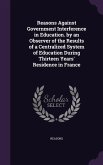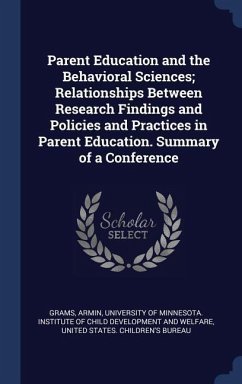If school proprietors are unable to fund their schools adequately, it could result into industrial actions by teachers and other staff, which could, in turn, force parents to look for alternative ways of educating their children and wards. Between 1983 and 1993, the government could not fund public schools adequately. This might have led to protracted industrial action in Nigeria, resulting into proliferation of private schools. Thus, the problem of the study was to explore the historical development of private secondary school education in South-west Nigeria from 1993 to 2013. The general objective of this study was to explore the historical development of private secondary school education in South-west Nigeria from 1993 to 2013. The objectives of the study were to explore: (i) students' enrolment trends; (ii) adequacy and quality of teachers; (iii) administration and funding of private secondary schools; (iv) performance of the private secondary school students in WAEC and NECO Senior School Certificate Examinations; (v) social status of the parents; and (vi) challenges confronting the private secondary school education in South-west Nigeria.
Bitte wählen Sie Ihr Anliegen aus.
Rechnungen
Retourenschein anfordern
Bestellstatus
Storno

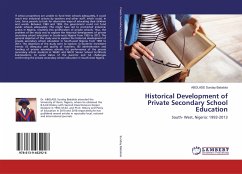
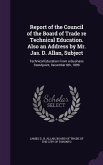
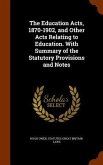
![General Report On Public Instruction in the North Western Provinces. [Continued As] Report On State of Popular Education. [Continued As] Report On Progress of Education General Report On Public Instruction in the North Western Provinces. [Continued As] Report On State of Popular Education. [Continued As] Report On Progress of Education](https://bilder.buecher.de/produkte/65/65096/65096303m.jpg)
